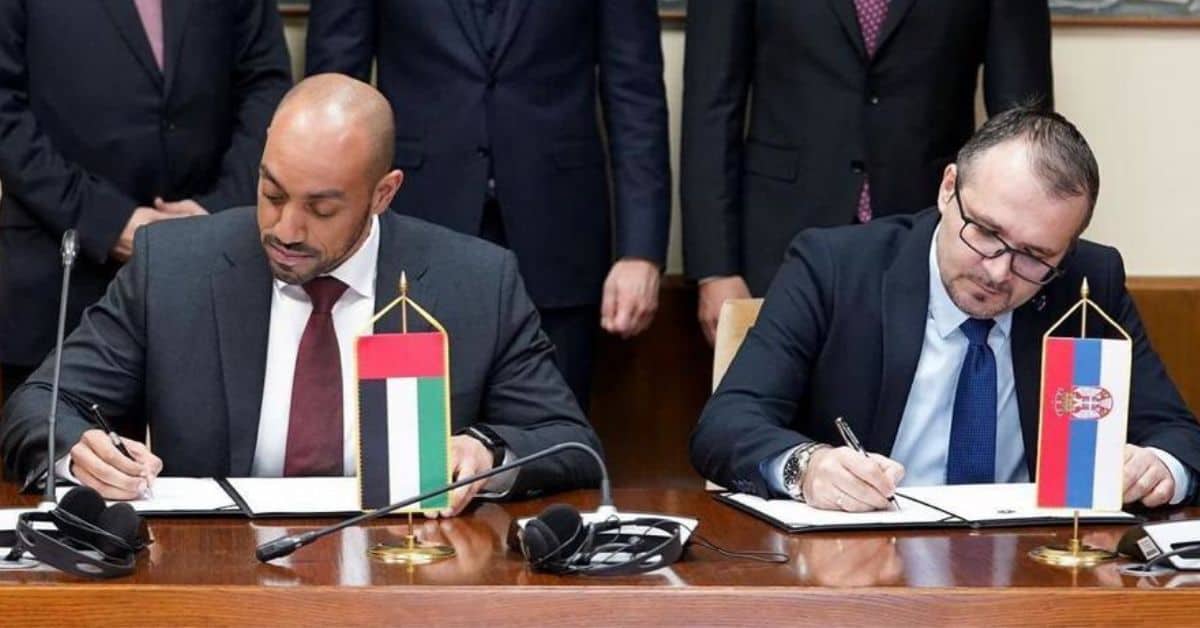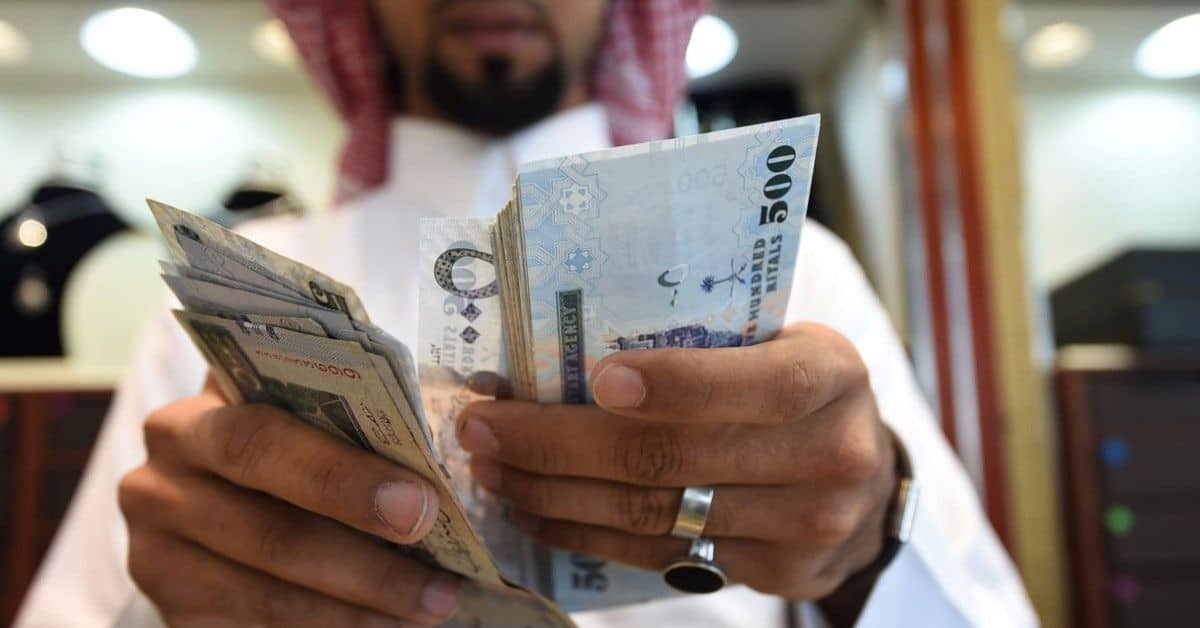DUBAI, UAE — With a score of 67, the United Arab Emirates (UAE) tops the list of transparency in the Arab world and ranks 27th globally. Yet, 2022 was the same as the years before since Transparency International found that 95 percent of countries made no substantial progress against corruption from 2017.
This suggests that the world’s governments could not make headway against corruption last year.
In the last two decades, Arab countries have shown interest in fighting corruption and presented many laws and regulations to develop societies and ensure women’s participation in all sectors.
In the Arab world, the average rating was significantly lower than the global average, by only 33 degrees, affected by countries; Somalia, Syria, Yemen, Libya, and Comoros, all below 20 degrees, according to the global corruption index.
The UAE ranked first in the Arab world with a total of 67 degrees in the “Perceptions of Corruption for 2022” index, while it was ranked 27 in the world, followed by Qatar with 58 degrees, Jordan (47), Bahrain, and Oman, with 44 degrees each, as the last two countries above the global average.
Egypt ranked 130th in the world, scoring 30 points, a decline of 3 degrees from the year before last.
In terms of GCC countries, Kinda Hattar, MENA Regional Advisor at Transparency International, stated in an interview with TRENDS: “In 2022 corruption index, we can see a sharp decline in the score of the gulf states. It is obvious that not only GCC countries are in the top ranks but other Arab countries like Jordan and Egypt”.
Hattar explained that although UAE and few other countries are at the top of the index in the region, this doesn’t mean that they have an excellent performance globally”.
“These countries score in the middle of the index globally, which is barely a success,” according to Hattar.
All Arab governments still need to develop better methods to fight corruption, not only in the public sector but also in the private sector.
Hattar confirmed: “In the Arab countries, there is a lot of corruption related to the private sector, which is not measured by the index; therefore, we need to be careful when stating which form of corruption there is in the region.”
She highlighted how the public sector in the region has been developing in the last decade regarding e-government and other advanced techniques.
Governance in the GCC
Though it is at the top among the Arab countries in the transparency index, still the UAE has been on the radar of FATF for money laundering.
In this context, Transparency International has called for a lot of action, especially in beneficial ownership, having registered in all companies, since it is un-trackable in the UAE, for example.

Hattar said: “The corruption index looks at the past year and shows that fighting such issues hasn’t been taken into account.”
She also stated the measures needed to be taken in the GCC to get a better performance in fighting corruption, as follows:
- Open and transparent register of interests.
- Good access to information for accountability.
- Space for civil society activists and media.
- More freedom of expression.
- Extra measures to organize how the private sector interacts with the public sector, especially in procurement.
- Independent judiciary and oversight mechanisms.
Corporate governance is not related to the corruption perception index since it only measures corruption in the public sector. Hattar believes that business integrity is needed to be present in corporate actions.
What really stands in the way of fighting corruption in Arab countries? Firstly, its political corruption because there aren’t any suitable accountability mechanisms or independent oversight rights, according to Hattar.
The other reasons include the constant interaction between the legislative, executive, and judiciary; instability and wars, in addition to countries spending on their defense mechanism a lot more than on the fundamental rights of their people like health and education.
Denmark least corrupt globally
Based on information from 13 sources like the World Bank, the World Economic Forum, and other advisory organizations, the Corruption Perception Index CPI ranks the public sector performance in 180 nations and territories worldwide.
According to 2022’s index, corruption is a global problem, and Middle East and North African countries are no exception. The United Arab Emirates (67), Qatar (58), and Saudi Arabia (51) were the only Arab countries to score above 50. In addition, the Corruption Perceptions Index showed declining trends this year.
Since more than two-thirds of the world’s countries have a significant problem with corruption and scored below 50 on the Corruption Perceptions Index, the average score for the entire index stayed steady at 43 for the eleventh year. With a score of 90, Denmark topped the list as the least corrupt nation in the world in 2018, followed by Finland and New Zealand at 87 and 86, respectively. According to the survey, these nations are also “one of the most peaceful countries in the world” since they uphold human rights.








